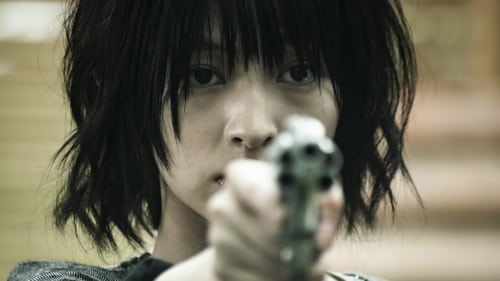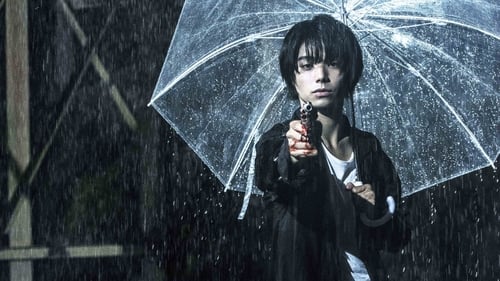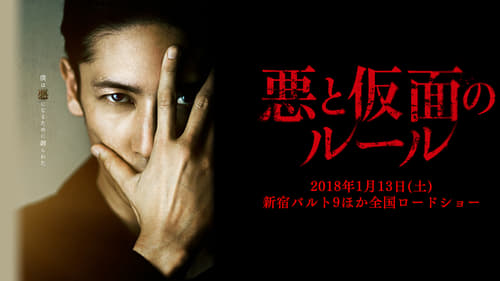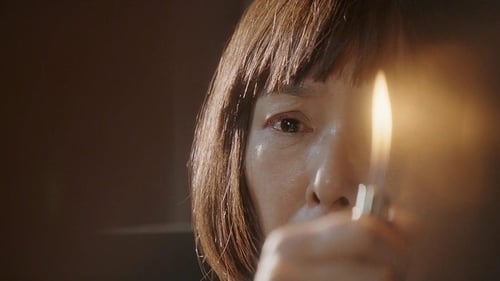
Screenplay
Toko grew up unloved by her mother Mizuho who continues to adore her deceased son. She lives alone in an apartment the electricity has been cut off and the trash is piling up. One late night, Toko enters a gloomy building in order to escape from a threatening stalker, Tomita. There she finds a handgun. She brings it back home and confirms it is loaded with four bullets. One day, the family living next door who have already been enduring poverty and violence end up murdering a man. Toko helps them bury the man's body, shooting it with the handgun. Toko becomes captivated by the gun itself. She is further entangled in the true circumstances of the incident due to the detective searching for the handgun and a suspicious man Kazunari who knows a secret about the handgun. Toko tries to throw herself into the whirlpool but then the lid is blown off her "past."

Novel
An aimless college student comes upon the aftermath of a murder scene one night, and without thinking, grabs the titular weapon. He takes it home and keeps it safely hidden away, but curiosity gradually begins to consume him.

Novel
An ambitious, young freelance journalist takes on the closed case of a famous fine arts photographer whose beautiful female subject died on set in a gruesome fire.

Writer
Kuki Fumihiro is a son from a wealthy zaibatsu (conglomerate) family. His father raises him to become pure evil. Kuki kills his father to protect his adopted sister Kaori. Afterward, Kuki disappears. He undergoes plastic surgery and takes the identity of Koichi Shintani. He watches Kaori and faces the great evil that exists within the Kuki family.

Original Story
Years after she related to him the story of her parents’ death in a fire, for which – rightly or wrongly – she feels responsible, Japanese psychiatrist Dr. Sanada meets his former patient Azusa once again. Back then, she lambasted him for being wrong for the job. Back then, he let slip that she isn’t actually crazy. Now she’s a prostitute living in precarious circumstances in Los Angeles and is accused of murder, with her memories once again moving inexorably towards a fire. Sanada assesses her in the presence of an investigator who appears not to understand Japanese. Is Azusa now mentally ill for real? Was she back then? And why does the description of her tormentors upset him so?




